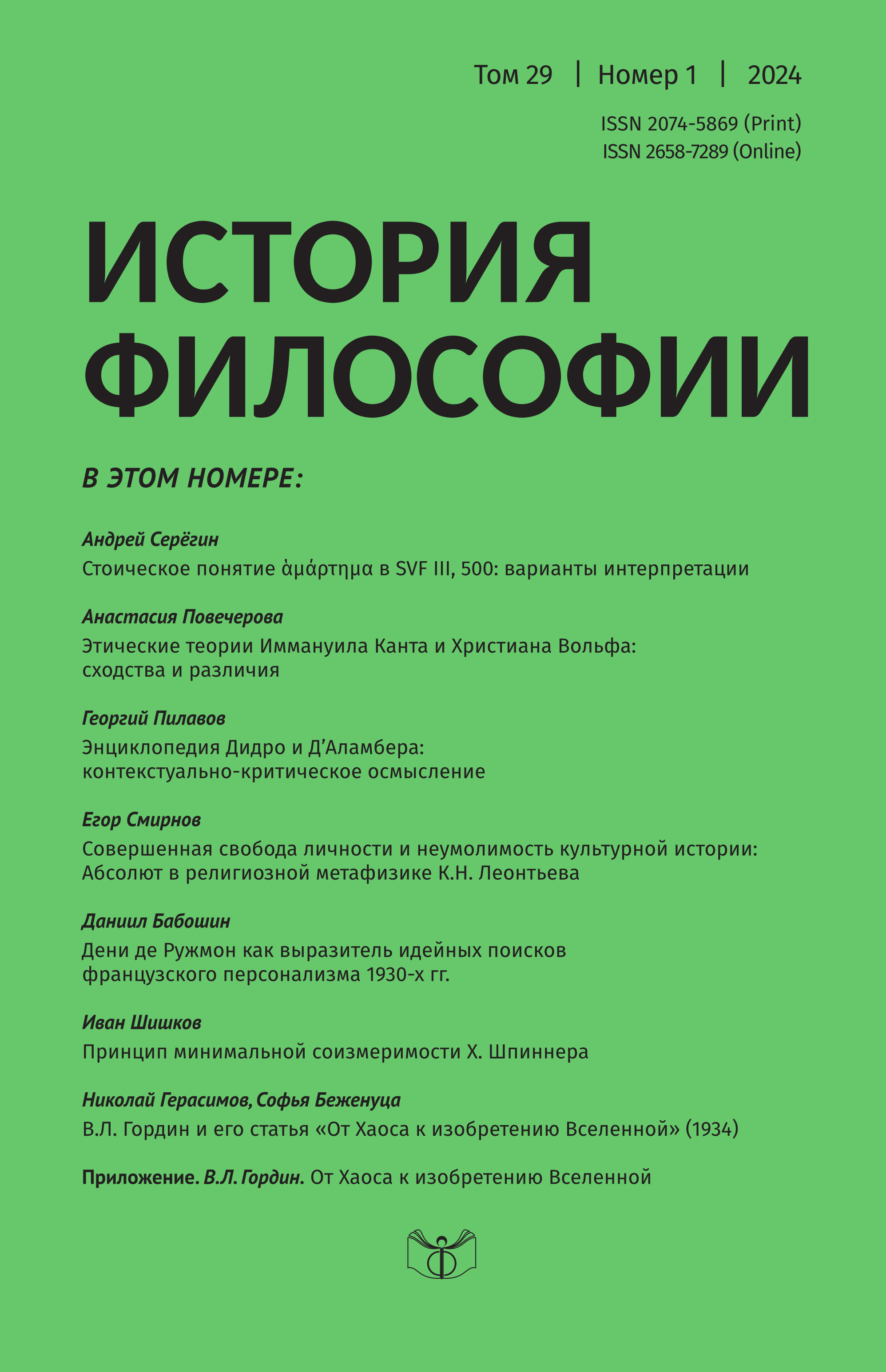Metaphysics of Maximus the Confessor: Dynamics of Actualization and Transformation of the Cosmos
DOI:
https://doi.org/10.21146/2074-5869-2024-29-1-142-149Keywords:
metaphysics, Maximus the Confessor, Byzantine philosophy, Platonism, Aristotelianism, PatristicsAbstract
The review introduces readers to a new monograph by the Norwegian historian of philosophy T.T. Tollefsen. In the new book, the author summarizes his many years of research into the legacy of St. Maximus the Confessor, one of the most important and sophisticated Byzantine thinkers. The metaphysics of St. Maximus is described as a large philosophical system, as coherent and rational as other systems of late Antiquity. Its distinctive feature is its emphasized dynamism, which consists in the movement of the entire sensual and intelligible cosmos towards the goal of comprehensive actualization and deification. Tollefsen describes the philosophical system of Maximus the Confessor in the following topics: epistemology, the doctrine of creation, the doctrine of logoi, divine activity (energy), the problem of universals, and the question of Incarnation and deification. In addition, the scholar makes an attempt to apply the metaphysics of St. Maximus to the philosophical problems of our time.

